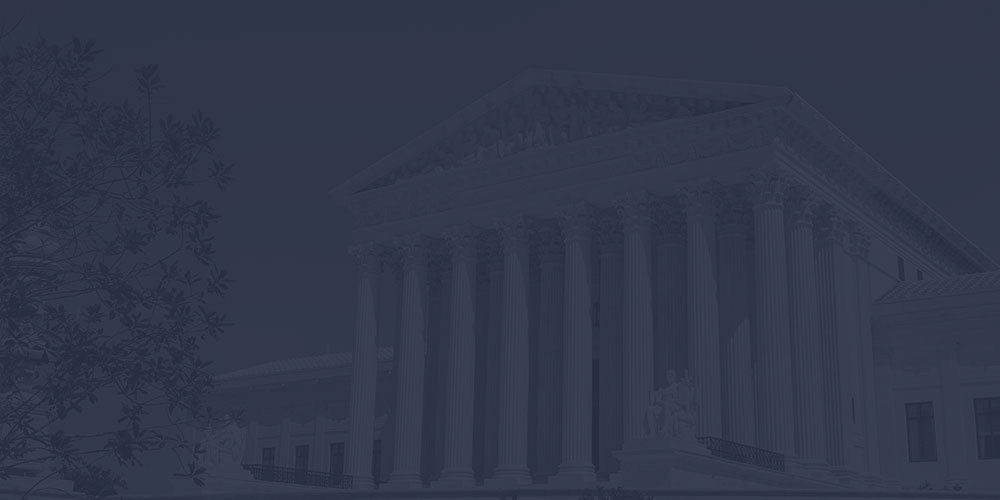If you are a lawyer practicing in Illinois, you are likely familiar with Illinois Rule 213, which governs written interrogatories to parties. Within the rule are directions on the disclosure of expert witnesses and their opinions in civil cases. This rule has significant implications for your practice as it requires you to be diligent in ensuring that all expert witnesses are properly disclosed, and their opinions are adequately supported.
The most important aspect of Rule 213 is the requirement that parties disclose the identity of any witnesses they plan to call at trial to provide expert testimony as well as a written report detailing the opinions and basis for those opinions of the witness. This report must include the qualifications of the witness, the subject matter of their testimony, and the facts or data upon which they relied in forming their opinions. The report should also include a summary of the witness’s opinions as well as the reasons and bases for those opinions.
Failure to comply with these disclosure requirements can have serious consequences, including fines, exclusion of evidence, and even dismissal of the case. As such, it is critical that you work closely with your expert witnesses to ensure that all necessary information is disclosed in a timely and complete manner. Additionally, if you do not prove the qualifications of your expert, they may be dismissed and all of your arguments that would have been supported by that expert are no longer available to you.
Witnesses are divided into three categories: lay witnesses, independent expert witnesses, and controlled expert witnesses. Lay witnesses give fact or lay opinion testimony. Prior to a lay witness giving testimony, you must disclose the subjects they will discuss. Because they are not an expert, it is not necessary to verify their qualifications. An independent expert witness is an expert that is not connected to the party, the party’s retained expert, or an employee of the party. The independent expert will testify based on their knowledge and opinions on a particular topic, so it is necessary to disclose how they are qualified to speak on the topic. Finally, a controlled expert witness is related to the party, a party’s current employee, or is the party’s retained expert. When a controlled expert is disclosed, you must also disclose the subject matter they will testify, the conclusions, opinions, and basis for those conclusions and opinions, their qualifications to speak on the topic, and any reports they prepared about the case.
At our law firm, we take compliance with Rule 213 very seriously. We work closely with our clients and their expert witnesses to ensure that all necessary information is disclosed in a timely and complete manner. We also stay up to date on any changes to the rule or new case law developments that may affect our practice.
We believe that compliance with Rule 213 is not just a legal obligation but also an essential component of providing effective representation to our clients. By carefully preparing written reports that meet all necessary criteria and anticipating any potential objections or challenges that may arise during the discovery process, we can help our clients achieve the best possible outcome in their cases.
One such challenge arises during the discovery or cross-examination process of your expert witness. After you have disclosed your expert witness, the opposing counsel has the opportunity to serve discovery to you regarding your witness to inquire into their fitness as an expert. Some of the questions they may ask is the percentage of income generated as an expert witness, the frequency they testify for either plaintiff or defendant, or the frequency they have been your controlled expert. The purpose is to investigate the potential bias, partisanship, or financial interest your expert may have that might taint their opinion. The important point is to make sure these inquiries do not unduly harass or unnecessarily invade the privacy of your expert. Your expert is not a party in your case, and it is important to protect their privacy and not drag them through a case where they are helping you.
In summary, compliance with Illinois Rule 213 is essential for any lawyer practicing in Illinois. As an attorney, it’s important to understand and comply with the requirements of the rule to ensure the admissibility of expert witness testimony and avoid any potential sanctions. By working closely with expert witnesses, protecting them from too much invasion into their privacy, and diligently preparing written reports that meet all necessary criteria, we can help our clients navigate the complexities of civil litigation and achieve the best possible outcome in their cases.
Article written by Associate Attorney Elisa Leighton | Gausnell, O’Keefe & Thomas



